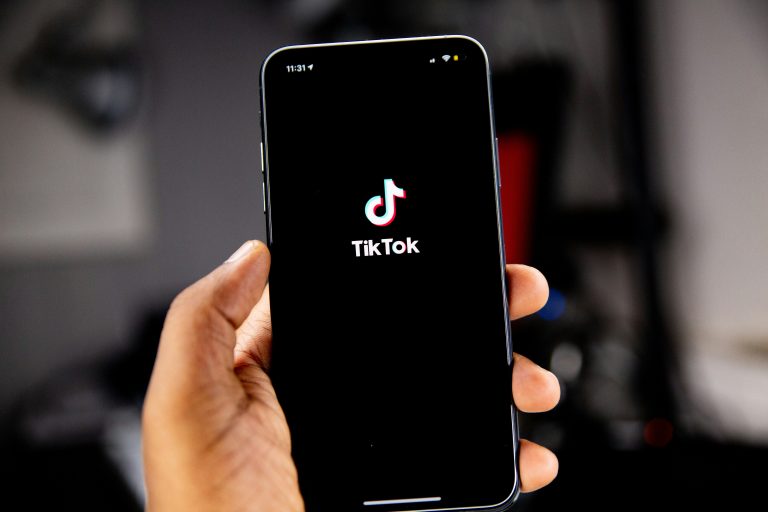TikTok, the short-video platform developed by Chinese tech giant ByteDance, has become a global internet sensation. Its explosive growth has not only made it one of the most downloaded apps in the world but has also prompted rival social media platforms to replicate its short-form video model.
Allowing users to create, watch, and share short videos, TikTok has captivated audiences across all age groups. The app has been downloaded over 5.5 billion times worldwide — excluding China and India, where it remains restricted — and has faced bans in several other countries.
With more than 1.5 billion monthly active users, TikTok’s influence extends far beyond entertainment. It has emerged as a strategic digital platform capable of shaping public opinion, driving business trends, and even affecting political campaigns and election outcomes.
The Algorithm Behind TikTok’s Success — and Controversy
TikTok’s unprecedented rise is driven by its advanced recommendation algorithm, designed to serve users exactly the content they are most likely to watch. Once users start scrolling, the app creates a highly immersive experience that keeps them engaged for hours — a design critics argue leads to digital addiction.
This same algorithm has placed TikTok under global scrutiny, with governments and regulators accusing the company of harming children’s mental health. Experts warn that overexposure has led to sleep disruption, reduced social activity, and addictive behaviours among teenagers — an issue now commonly referred to as “TikTok addiction.”
Legal Challenges and Global Restrictions
TikTok faces mounting lawsuits and regulatory battles across several countries:
-
In the United States, lawsuits claim TikTok’s algorithm deliberately encourages compulsive use and exposes minors to harmful content. A recent U.S. court hearing even cited evidence from current and former engineers showing that the system prioritises engagement above user safety.
-
In France, lawsuits demand stricter controls, accusing TikTok’s algorithm of promoting self-harm and suicide-related content.
-
In Kyrgyzstan, the platform has been accused of endangering children’s mental health.
-
Several European countries have either imposed partial bans or introduced strict regulations, while France, the U.S., and the U.K. have banned TikTok from government devices entirely.
An Industry-Wide Shift
Despite growing criticism, other tech giants — including Meta, Instagram, and X (formerly Twitter) — have adopted similar algorithms focused on maximising engagement and prolonging user attention. Analysts warn that this has sparked a wider digital addiction problem, especially among teenagers.
In Nepal, TikTok was previously banned for more than a year over concerns about its influence on mental health and social behaviour. However, the government has since lifted the restriction, allowing the app to operate freely once again.


